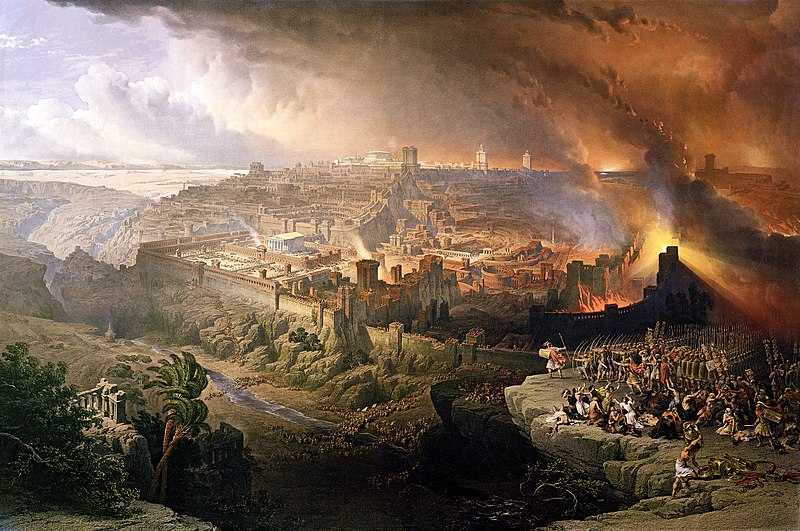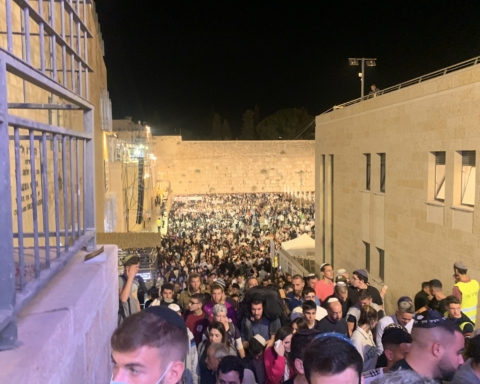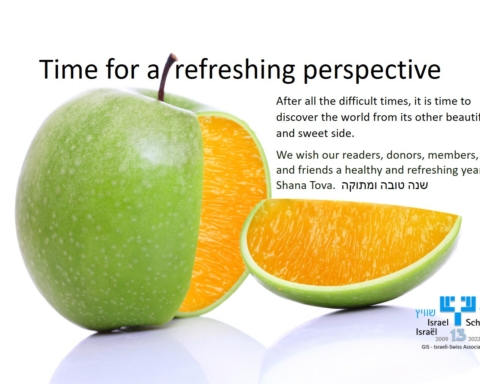Despite the summer sunlight, the Jewish calendar points to darkness and destruction. Leading up to the saddest day of the year are The Three Weeks; a period of mourning that culminates on Tisha B’Av, and then extends into the emotional contradiction of Tu B’Av. Today it is celebrated like the Western tradition of Valentine’s Day, but historically, it marked the beginning of the grape harvest and dancing in the fields with joy. The cycle of Av swells with both pain and joy. Why?
Tisha B’Av translates to the ninth day of the month and is known as the heaviest day of the year. A series of tragedies occurred on this date, from the destruction of the First Temple in Jerusalem in 586 BCE to the crumbling of the Second Temple in 70 CE. On this day, Jews were exiled, wars were started, and incidents continue to occur.

Those who observe the day fast, sit low to the ground and read the Book of Lamentations. To lament means to express passionate sorrow. Perhaps this is why there are three weeks of preparation for it. It’s not enough to just be sad on Tisha B’Av. One must truly feel it. Why such darkness during the lightest months of the year? Where does this day of destruction meet us in our current storytelling cycle?
For those used to hot summer heat, it can be an intense time. Hot temperatures tend to shorten tempers, raise tensions, and amplify our fiery emotions. Destructive words and anger may occur more easily, sparking fires, burning bridges, creating destruction.
The sages say that Tisha B’Av was prescribed as a day of punishment for the Jews bad behavior – towards themselves, towards each other, and towards G-d. They believe that such backlash was imposed onto the Jewish people because they lost faith, and they lost control of their words and actions, destroying everything they had been building towards, and ultimately letting their emotions get the best of them.
Av is an invitation to feel the rollercoaster of emotions, with intention, ritual, and community. In order to not lose control of such emotions, making space to feel them matters. With more awareness, we have more power over our words and actions, which ultimately fuel division or connection. Tisha B’Av invites us to feel the pain and mourn what was, enabling us to move forward more open to love.
Today, as we wrestle with the darkness overtaking our world, it’s easy to fall into the same cycle of losing faith, and let our emotions get the best of us. Yet if we want our story to change, we must too. We must shift our words and our ways. If we’re to learn anything from our past, let it be this. Every word and action results in either breaking us further apart or building us closer together.
This is our time, not to lose faith in each other, but to cultivate trust, with words, with acts of kindness, compassion, and empathy. Because just as Tisha B’Av is an intentional time to mourn the tragedies that were, Tu B’Av is a perfectly timed reminder to always return to love.








